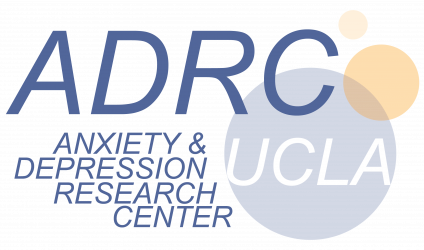Study Overview
This study investigates a novel method of reducing fear responses in individuals with phobias (e.g., spiders, snakes) using decoded neuro-reinforcement, an fMRI technique. This method works unconsciously in the brain, without the need for participants to endure repeated conscious exposures to their feared stimuli. Fear-related disorders present a major challenge, as effective treatment options usually involve repeated exposures to feared stimuli, leading to high levels of distress, fear, and panic that can motivate premature treatment termination. Consequently, there is an unmet need for treatment that minimizes subjective discomfort and attrition. Because the highlighted treatment method happens unconsciously in the brain, changes in behavior outcomes are potentially more likely to generalize to different contexts, thereby overcoming a limitation of traditional treatments.
Eligibility Criteria
Participants are eligible for the study if they meet criteria for a special phobia (animal subtype) comprising two or more animals. Participants are excluded from the study if they have a history of neurological disease or defect, or visual or auditory problems, as well as certain mental health issues or unstable medical conditions.
Screening Procedures
Individuals who are eligible for the study based on a short study prescreener will be invited for a phone screener (approx. 15 minutes), followed by two potential clinical interviews (approx. 1-2 hours each). After the interview(s), a final decision will be made regarding participant eligibility and participants who meet the above criteria will be enrolled in the study.
Payment and Fees
Participants can earn between $260 and $595, depending on sessions attended and bonuses received. We will compensate participants for parking at UCLA for fMRI scanning. There are no fees associated with study participation.
Treatment Procedures
First Scan (2 hours): In the first scan, participants have one 2-hour session of fMRI scanning.
Pre-treatment scan and behavioral assessment (2.5-3 hours): Participants will answer questionnaires and do tasks in the scanner to assess their fears. Participants will then perform a virtual reality task outside the scanner.
Treatment sessions (2 hours each): Treatment will consist of 1, 3 or 5 sessions of fMRI scanning.
Post-treatment scan and behavioral assessment (2.5-3 hours): This will mirror the pre-treatment scan, in order to assess fears after treatment.
Four-week follow-up behavioral assessment (1 hour): Participants will complete questionnaires and do tasks outside of the scanner.
If interested, please take the screening survey.
Study Personnel Contact
Gabriel Fiol, B.A.
Kainoa (Noa) MacDonald, B.A.
uclaphobia@gmail.com

